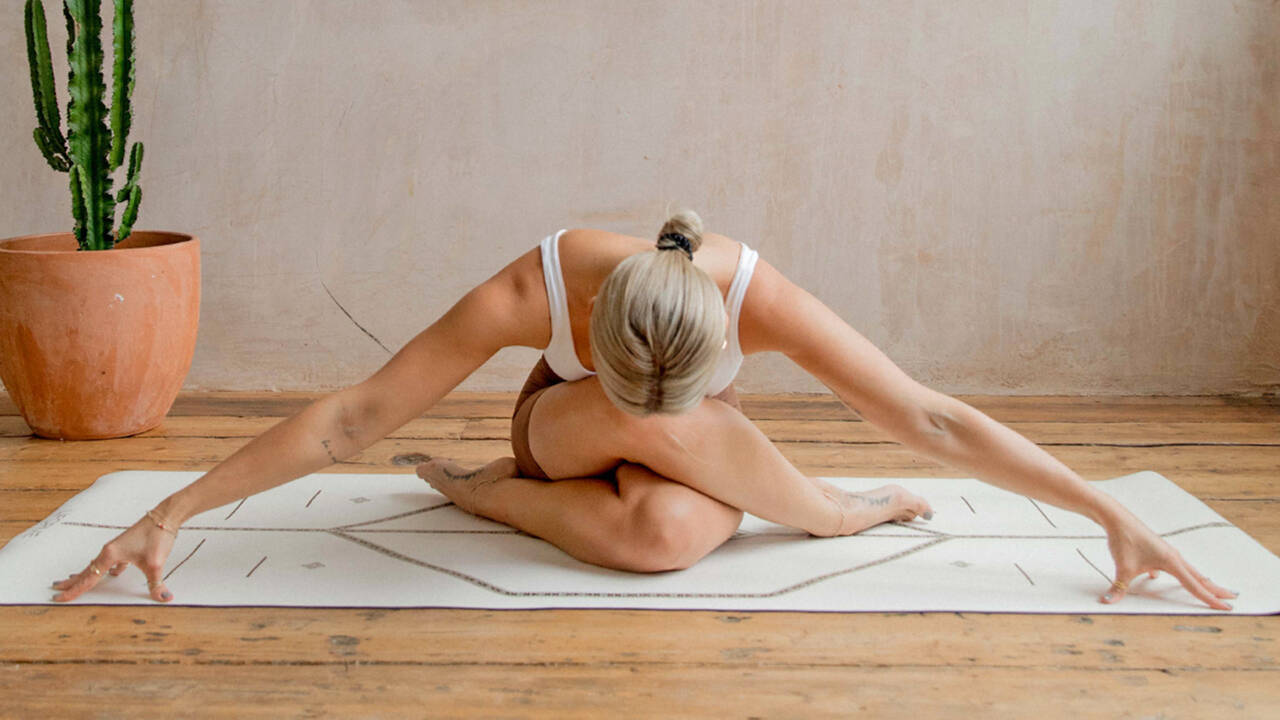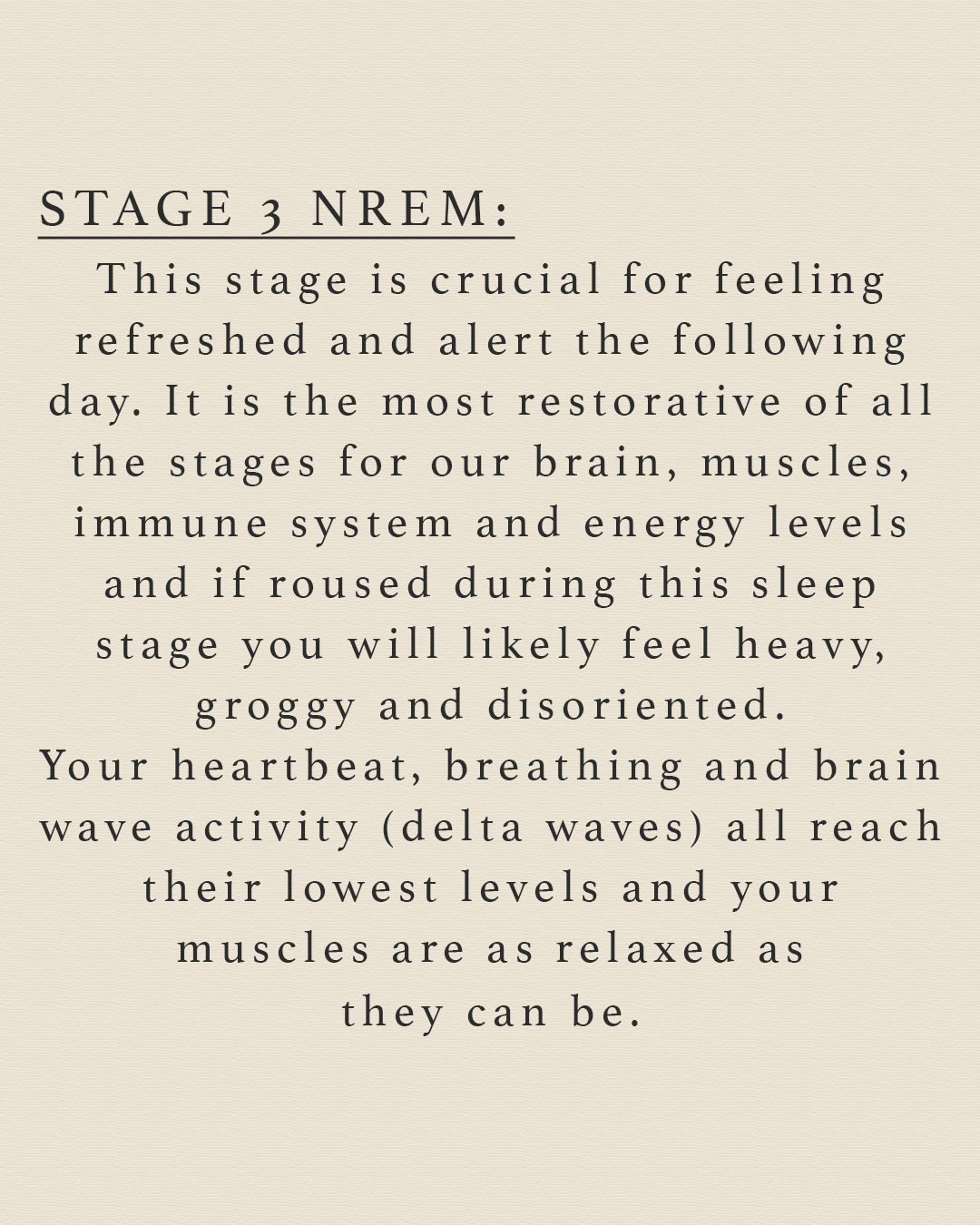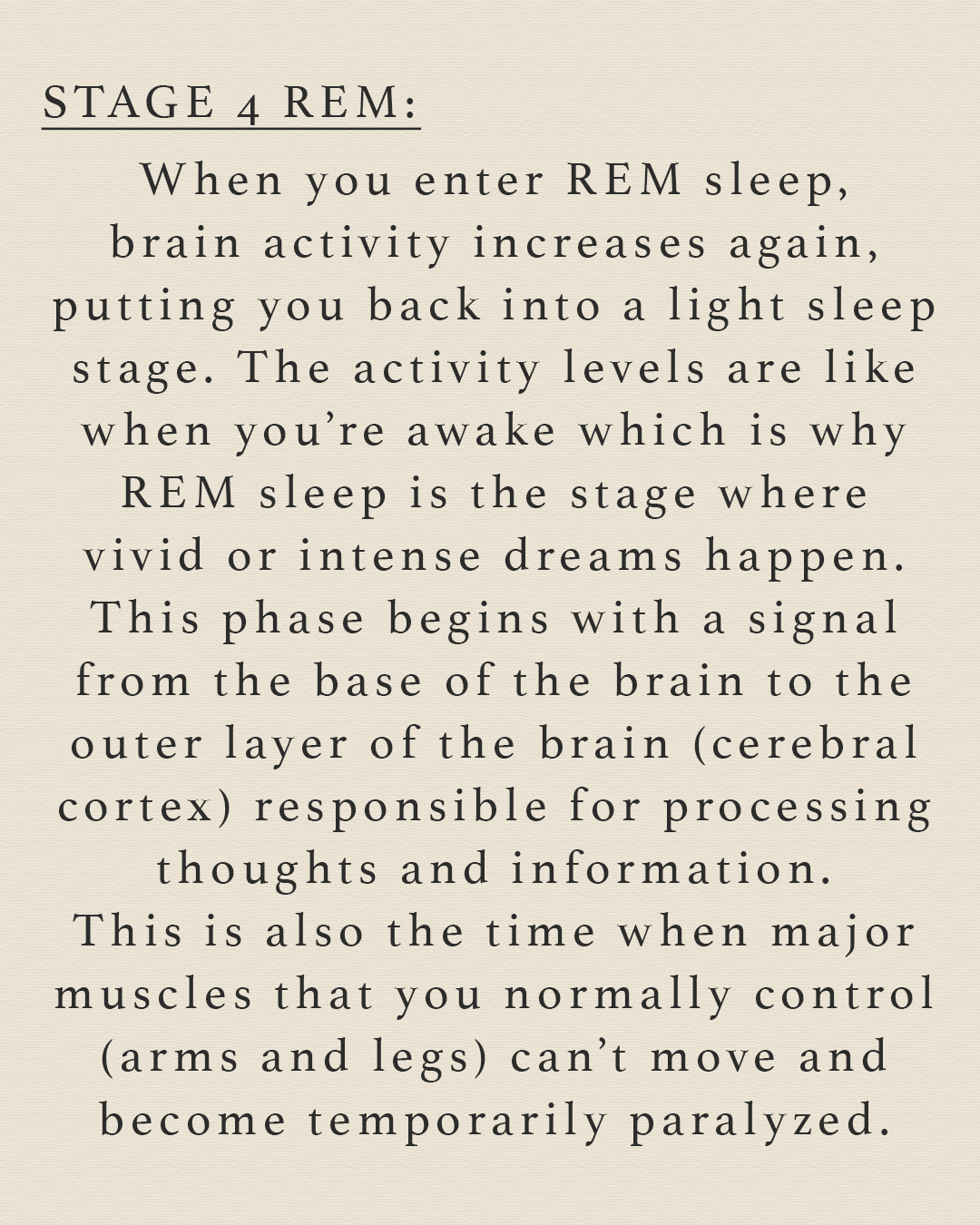Evening routines are an essential daily routine, arguably as important as a morning routine.

Unlike morning routines (which you can read about on a previous blog post here), they set us up for two things: wrapping up our day, and getting a solid night's sleep. Not only is it challenging to wake up on the ‘right side of the bed’ when you didn’t sleep very well the night before, but poor sleep also impacts our memory, health, energy levels, cognitive ability, moods, relationships, and social life. In turn, getting an amazing night’s sleep will set you up again for the next day, where you can get started with that perfect morning routine.
Having an evening routine is vital to helping us wind down, relax and get into a deep, restorative sleep - helping us feel rejuvenated and ready for the day ahead. Nature intends for us to spend over a third of our lives sleeping. More than exercise, diet, and wealth, science has shown that sleep is the most important factor to our physical and mental wellbeing.
In the first book of its kind, “Why We Sleep”, written by scientific sleep expert, Professor Matthew Walker, he explores twenty years of cutting-edge sleep science and breaks down what actually happens when we close our eyes. He explains:
“We sleep for a rich litany of functions, plural - an abundant constellation of nighttime benefits that service both our brains and our bodies. There does not seem to be one major organ within the body, or process within the brain, that isn’t optimally enhanced by sleep (and detrimentally impaired when we don’t get enough).
“Routinely sleeping less than six hours a night weakens your immune system, substantially increasing your risk of certain forms of cancer. Insufficient sleep appears to be a key lifestyle factor linked to your risk of developing Alzheimer's disease. Inadequate sleep - even moderate reductions for just one week - disrupts blood sugar levels so profoundly that you would be classified as pre-diabetic”.
***
When you sleep, your brain goes through natural cycles of activity. There are four total stages of sleep, divided into two phases known as NREM (non-rapid eye movement) & REM (rapid eye movement).
Usually, a sleep cycle starts with Stage 1, then passes through the other stages with a short period of REM, then the cycle begins again at Stage 1. A full cycle lasts approximately 90-110 minutes and as you move through these stages your brain wave activity also changes.
Non-REM sleep happens first and includes three stages.
The last two stages of non-REM is when you sleep deeply.
During non-REM stages, your body builds bone and muscle, repairs and regenerates tissues, and strengthens the immune system.
REM sleep happens about an hour to an hour and a half after falling asleep.
REM sleep is when you tend to have vivid dreams. The first period lasts about 10 minutes and increases each stage after this. What is interesting is that the amount of REM sleep you experience changes as you age.




“It is not sensations from the outside that are allowed to journey to the cortex during REM sleep. Rather, signals of emotions, motivations, and memories (past and present) are all played out on the big screens of our visual, auditory, and kinesthetic sensory cortices in the brain. Each and every night REM sleep ushers you into a preposterous theater wherein you are treated to a bizarre, highly associative carnival of autobiographical themes.”
- Dr. Matthew Walker, “Why We Sleep”.
***
So now that you understand the sleep stages and what happens during them, the next step is to consider which habits, routines, or rituals you can put into place before bed to enhance your evening routine.
1. ENHANCE YOUR SLEEP ENVIRONMENT
A comfortable and relaxing environment will help you not only fall asleep but remain asleep throughout the night. Be sure to make yourself as comfortable as you can. Give the below options a try:
- Choose bed clothing that helps regulate your body temperature.
- Check your bedding, are you comfortable in your sheets? Wash your bedding regularly.
- Find a mattress that helps your sleep and body shape.
- Do your curtains need an update to let in less light? Or could you try sleeping with an eye mask?
- Dim the lighting in your room early.
- Try aromatherapy/candles to help relax the space and to bring a consistent scent to the space that you connect with it being time for bed.
- Limit blue light emitting from technology an hour before you go to sleep.
2. GET TO KNOW AND TUNE INTO YOUR CIRCADIAN RHYTHM
In a nutshell, your Circadian Rhythm is your body’s clock that regulates sleep and alertness. Usually, this is what tells you that you’re tired and when to wake up, but as we are bio-individual this can be different for everyone, hence the terms ‘night owls’ or ‘early birds’.
A good way to get in tune with your circadian rhythm is to cut the caffeine altogether, but as that can be a real challenge for many then avoid having caffeine at least 6 hours before bedtime so as not to impact your circadian rhythm and your sleep. Even for those of you who can easily fall asleep after a cup of coffee, it will still have an impact on your sleep cycles.
Another key step is sticking to a regular time to go to sleep and to wake up. Our bodies thrive off routine and consistency.
3. TRANSITION OUT OF WORK MODE
Tim Ferris, the author of "4-hour Work Week", references using a closing ritual each day to transition from work to evening. This brings a cleanse to your mind from the leftover responsibilities of the day and a mental wind down into your evening routine.
He explains: “You can call it a ‘Closing Ritual’ or an ‘End of Day Routine’ or simply crafting a great habit for how you wrap up the work day. Whatever you call it, it is a powerful practice to have in place, especially in uncertain times where a sense of being in control and on track can be so important. A closing ritual should celebrate what you have accomplished today, take note of what was not completed or things you can learn from, use these pieces of insight to inform your next steps and tidy your workspace”.
4. PREP FOR THE DAY AHEAD
Congratulate yourself for what you got done today and make note of the things you didn’t get done plus the mistakes or things you can learn from. This isn’t so that you can dwell on these mistakes, quite the opposite. When we write things down, it’s a way of releasing and letting go. This practice is to help you rid your mind of the day’s anxieties before sleep.
Following this, take a moment to plan tomorrow. It is easier to be productive the following day if you already know what tasks you need to prioritise, that way you can dive into your productiveness straight away.
5. REFLECT ON THE DAY WITH A GRATITUDE JOURNAL
In her book, "Thrive", Arianna Huffington explains research that shows writing down a list of events from the day that has made you happy and that you can express gratitude for, can help lower stress levels and give you a greater sense of calm at night.
Cat Meffan, founder of Soul Sanctuary says: “Every evening over dinner, my partner and I each say three things that we’re grateful for that day. Having it as a ritual you do with a loved one is a great way to stay accountable for the practice and it also gives the opportunity to explore the list deeper and celebrate yourself and the day’s events. Everything, no matter how big or small, is worthy of your gratitude list.”
6. DITCH SCREENS AND PICK UP A BOOK INSTEAD
Blue light emitted from our devices disrupt sleeping patterns, which then lowers the quality of sleep we get. If you find it too tempting to ditch the phone before or in bed, try leaving it in another room to charge.
This will give you the opportunity to allow the headspace and time for reading, for your hygiene routine, or even connecting with yourself or your partner romantically.
If you use your phone as an alarm clock, try upgrading to a sunrise light alarm clock, like Lumie.
7. HELP THE BODY RELAX, STRETCH AND UNWIND
Try light stretching, yin yoga, yoga nidra, or meditation before bed to help release the tension from the day or apprehension for the day ahead. Avoid too much cardio or high-intensity exercise at least 2 hours before bed.
There are many options of the above that you can refer to on the Soul Sanctuary membership, and this month’s practices will be centered around evening routines.
A bath or warm shower before bed is also a great way to unwind from the day and soak your tension away.
***
Following on from last month’s theme, Morning Medicine (introducing habits or rituals to your morning routine that work for you), this month we are focusing on winding down from the day, habits that we can adapt, and new rituals we can put into place for our evening routines. Many of us aren’t aware of how important evening routines are for our mental and emotional bodies, our energy systems, and most importantly our preparation for sleep.
This month’s practices will help transition you from your work/day to your evening and help slow down and ground into your space and body again.
- In our first week, we focus on a 60-minute, immune-boosting flow into yin practice that will help destress and relax the parasympathetic nervous system.
- In our second week, we will be opening the heart space, ready to receive, and let the love and sensations settle over the body in a 30-minute practice. This week is also a super full moon, so we have dedicated a beautiful meditation to help set you up for a restful deep sleep.
- In the third week of April, we have an exciting 45-minute practice that will move you through the energy spectrum from high, to medium, to low as you usually would throughout your day to your evening.
We also have our monthly movement breakdown for Ardha Pincha Mayurasana, also referred to as Dolphin pose. - In our fourth week, we have our short and sweet practice that encourages you to surrender, to go within, and to release tension. A great practice to do as your closing ritual to your day as you transition to your evening.
During this week we also have our yoga Philosophy class with Angie Tiwari, who will be educating our members on ...
You can also practice along with our monthly playlist HERE
We also have our suggested Soul Sanctuary flows (in black) that align with this month’s theme, mapped out below in our monthly printable calendar. You can link these additional practices in the Calendar function on our beautiful app or search for them on the membership via desktop.

Be sure to always check-in and see what feels right for you, and always remember how incredibly important a good night’s sleep is for you.
